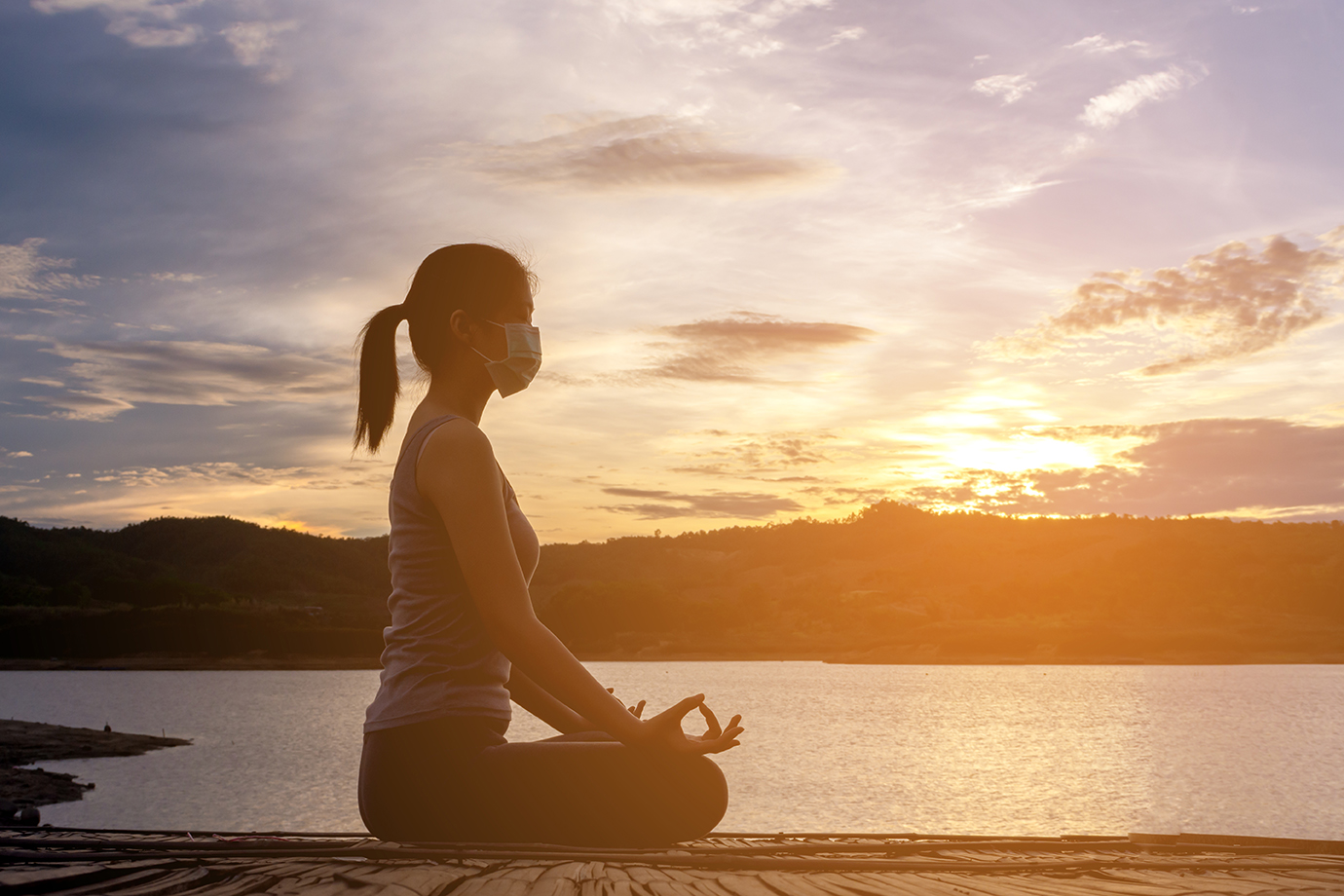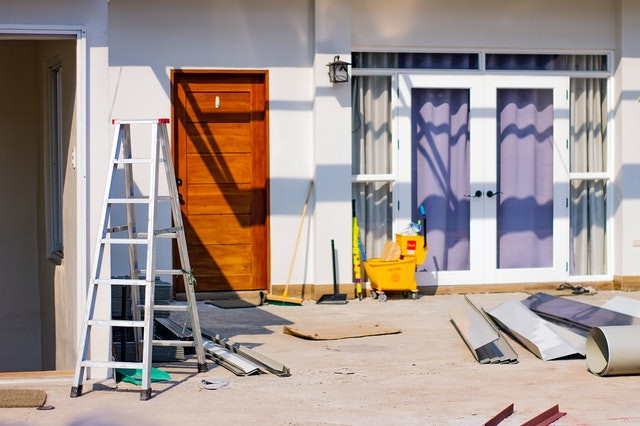The Covid-19 lockdown has forced many to stay indoors for days on end, affecting us in profound ways. Social isolation during the lockdown period has exacerbated feelings of hardship, loneliness, and distress. This has caused a surge in cases of stress-related disorders such as PTSD and adrenal fatigue, taking a heavy toll on the lives of many.
Given that we don’t know how long this situation will last and the potential adverse effects of isolation, it is now more important than ever, we find ways to cope with stress. In this article, we give you some of the top tips to spend stress-free life in Covid-19 lockdown:
Tips to Cope With Stress During Covid-19 Lockdown
-
Have a routine
During the lockdown period, your sense of time is likely to be distorted, which can leave you feeling bored and like nothing is happening in your life. Having a routine is one of the best ways to gain a sense of structure and stability in your life while confined indoors during the lockdown.
This helps you remain functional during the day and enjoy quality sleep at night, which can help you better manage stress. Create a schedule of fun-filled activities and tasks, including time for exercise, learning, and mindfulness. This will help eliminate the disappointment of looking at a blank calendar and make you feel you’re accomplishing something.
-
Stay Physically Active
While the lockdown may tempt you to spend the entire day sleeping, glue to the screen, or in front of your desk, it’s vital to push yourself to get up and do some exercises every day. No matter the type of exercise you do, it will help release endorphins and serotonin that promote happiness, improve your mood and quality of sleep.
Be sure to include breathing exercises in your routine to help calm your busy mind and better manage stressful conditions at home. This, in turn, enables you to alleviate stress and cultivate a healthier lifestyle.
-
Eat Healthily
Apart from exercising, eating a healthy diet can also help reduce stress. While at home self-isolating, ensure you’re eating three nutritious meals daily to keep yourself agile throughout the day. If followed correctly, eating healthy foods can help boost your mood, relieve anxiety, and ease stress.
Instead of refined sugar and processed foods, try preparing a healthy meal full of veggies, lean protein, whole grains, and fruits to energize your body and make you feel your best. When feeling down, a cup of tea can work wonders when it comes to soothing your senses, calming your nerves, and lifting your spirits.
-
Stay Connected
We all need someone we can talk to and share our feelings and thoughts, especially during these unpredictable times. Maintain regular communication with friends and family members who can offer encouragement and emotional support.
This can help alleviate feelings of loneliness and ease stress and anxiety, particularly when isolation becomes overwhelming. Connect virtually by scheduling regular video chats and text chats via the phone, Facetime, Skype, or other reliable avenues available to you at home.
-
Try out New Hobbies and Complete Projects
While the Covid-19 pandemic presents numerous challenges and uncertainties, one silver lining is that we now have more free time. While at home, spend your free time trying out new hobbies or finishing projects that you’ve always put off. This can be completing indoor projects such as purging cabinets, creating picture albums, or painting.
Using your free time to finish your projects and pursue hobbies can help you feel you’ve accomplished something and takes your mind off negative thoughts. Eventually, this allows you to stay stress-free and in the present moment.
-
Limit News Consumption
While the news helps keep you updated on the current situation regarding the pandemic, being bombarded with all sorts of covid-19 related information all day can be overwhelming. There is a lot of bad news out there, and the more time you spend in front of your screens or social media platforms, the more you’re likely to feel stressed.
During the covid-19 lockdown, minimizing the amount of time spent on social media can help you feel not overwhelmed by Covid-related news. Limiting news consumption also helps your mind relax and focus on fun and lighthearted things. Pick one or two trusted news channels or sites and visit them only for a limited amount of time each day to keep you informed without feeling overwhelmed.
-
Think Positively
Staying positive, especially during these unprecedented times, can help you better cope with stress and reduce physiological effects linked to crisis fatigue. While self-isolating at home, practice habits and behaviors that promote gratification and foster happiness.
Gratitude journaling is one of the best ways to foster positive thoughts. Each day before you go to bed, write down at least three things that you’re grateful for that day. It can be small things like a lovely dinner, completing a project, or even talking with a friend.
Other ways to develop positive thoughts include yoga, mindfulness practices, and meditation. No matter how you choose to practice positive thinking, doing it consistently can help alleviate PTSD and adrenal fatigue symptoms.
-
Remind Yourself It Will Be Over
When everything else fails, remind yourself that this is a temporary phase and will eventually end. Knowing that the pandemic isn’t the end of the world and it will soon come to an end can help you feel better and less stressed.
While waiting for the end to come, ensure you work on your inner self so you can handle upsetting and challenging situations in a healthy way. It’s also important to figure out the best ways to take care of yourself going forward.
Conclusion
As you’ve seen, there are many great ways to manage stress and ease stress-related disorders like PTSD and adrenal fatigue at home during this covid-19 lockdown period. The most crucial thing to do to enjoy a stress-free life during the lockdown is to learn your triggers and manage them early enough before they lead to a meltdown.















